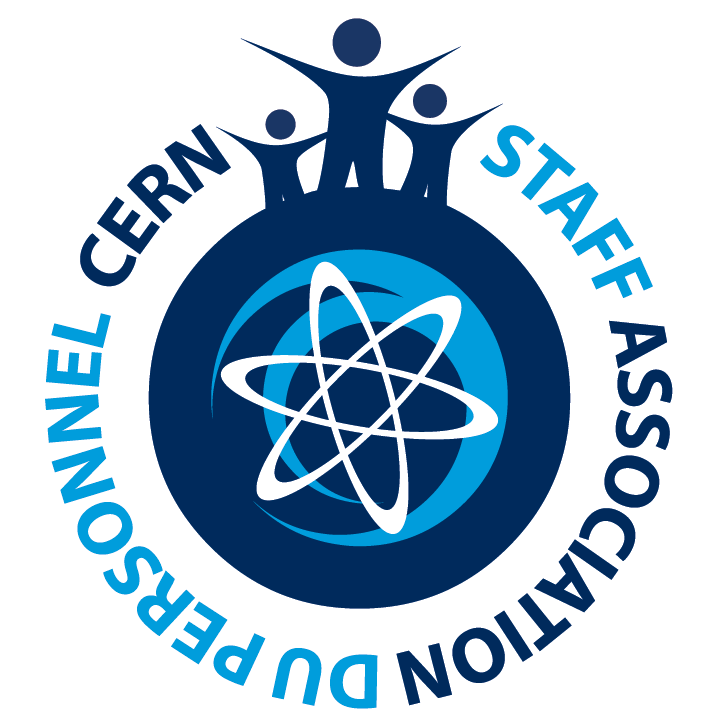CONCERTATION, a long practice

In the 2018 issue of Echo N°284, the Association published an interview, largely devoted to concertation at CERN, with Mr Bernard Dormy, the outgoing French delegate to the Finance Committee at this time, who was successively Vice-President and President of the TREF (Tripartite Employment Conditions Forum) from 2011 to 2017.
In this lengthy interview, he summed up the "concertation" as "the search for a common position between the Staff Association, the CERN administration and its Member States, each of which had been previously and loyally informed of the various aspects of the dossier and had had the opportunity to compare its position with that of the others. Like the Standing Concertation Committee (SCC), the TREF plays a significant role in this process."
As early as 1981, after several conflicts between the Management and the Association, the then SCC was transformed from a Permanent Consultative Committee (simply listening) into a Standing Concertation Committee (acting in concert).
Then, in 1995, a tough confrontation took place between the entire personnel and the Council, which wanted to exclude the Association from the supervisory bodies. It was to reduce the risk of such outbursts of anger that the Council accepted the creation of the Tripartite Employment Conditions Forum (TREF), which brings Member States, Management and the Staff Association together at the same table.
There is no doubt that it is these formal SCC and TREF Committees that have demonstrated, since their creation, a real willingness for dialogue between the social partners. It is these Committees that have enabled innovative proposals to be drawn up over the last 25 years in all areas relating to employment and working conditions. These include, for example, recruitment financed by saved leave (RSL Programme), various early retirement programmes, Long-term Care (LTC) benefits, and many others initiated by the Staff Association.
Today, this tradition of discussion, concertation and conciliation is still part of CERN's management culture. Let us hope that this elaborate form of relationship, which has proved its worth, will be further strengthened with the forthcoming arrival of the new Director of Administration, the future President of the SCC, whom we welcome on behalf of the personnel.
